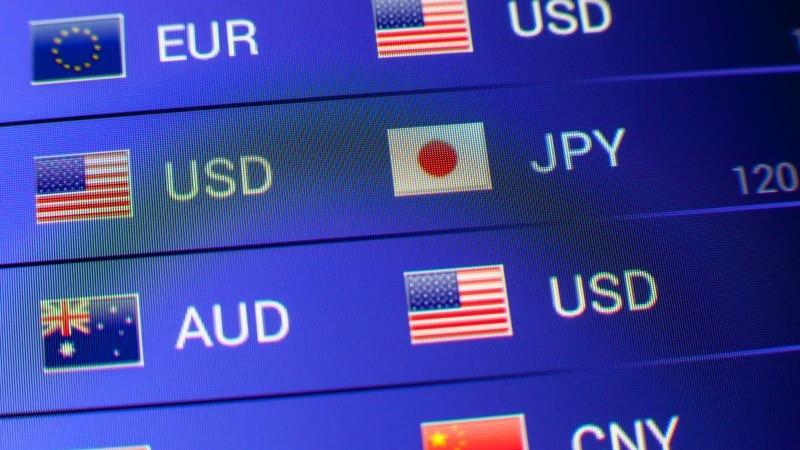(MENAFN- ING) USD: Debt ceiling fears are ticking higher
In what has been a quieter week for US data and Fed-speak (the Fed goes into a blackout period this weekend ahead of the 3 May rate meeting), increasing focus has fallen on progress on the US debt ceiling. Here the one-year US credit default swap has risen to a new cycle high of 106bp as investors price increasing acrimony in Congress. The Democrats and Republicans seem far apart and investors suspect we will need to see a lot more market stress before adults enter the room. For reference, the weaker tax receipts this year have some analysts bringing forward the 'X' date - when the US government could start to see shutdowns - to end June from a prior expectation of mid-July to mid-August.
This comes at a time when US banks are happy to hang onto their emergency funding from the Federal Reserve. Here, the latest weekly data from the Fed showed a slight increase in borrowings from its
Bank Term Funding Programme. At the same time, the view of a Fed pause and subsequent easing cycle is not unlocking the kind of healthy investment flows into emerging markets. Normally, one might expect the Chinese renminbi to be leading the recovery in emerging currencies. Instead, USD/CNH is edging higher and bracing for some new US investment curbs on China - potentially announced at the G7 summit in mid-May.
What does this all mean for FX? The challenging investment environment makes it hard to market a 'sell dollar, buy everything' thesis. Even though we think US data will slow and that the Fed will ease, that story of a benign dollar decline may not emerge until the second half. Instead, we think investors will increasingly favour defensive positions in the Japanese yen and Swiss franc - at least on the crosses if not against the dollar. So far example a cross rate like AUD/JPY could be heading back to the 86/87 lows over the coming months.
For the DXY itself, we think USD/JPY could drag it lower and feel it is far too early to buy the dollar on any kind of flight-to-quality trade. A dollar rally might only be the final chapter in a debt ceiling crisis should US money markets seize up. Before that, we see downside pressure building on USD/JPY again and favour it moving towards the lower end of its new 130-135 range. Look out for April PMI data in the US today. DXY looks biased to 101.50.
Chris Turner
EUR: Focus on the PMIs
EUR/USD
is holding well in the 1.09-1.10 range as investors debate the future extent of european central bank tightening . Today sees the flash April PMI releases for the eurozone, Germany and France. The divergence between stronger services and still weak manufacturing is expected to continue - unless China's reopening has provided some surprises in terms of manufacturing confidence.
As above, we do not think the environment is right for the kind of benign EUR/USD rally we occasionally see in FX markets. Instead, it looks as though EUR/USD needs to spend some more time in the 1.09-1.10 region.
Chris Turner
GBP: Softer March retail sales should not deter a 25bp rate hike
UK March retail sales were a little softer than expected this morning. James Smith, ING's UK economist thinks
that these figures
are volatile month-to-month. In volume terms, sales have essentially begun to flat-line since late last year and with the real wage story set to improve over coming months and confidence up in the latest figures, the worst is probably behind us for UK retail. However, the Bank of England is far more interested in inflation and this week's sticky readings point to a 25bp hike on 11 May.
Look out for April PMI data in the UK today. It seems unlikely this will move either EUR/GBP or GBP/USD out of their 0.8800-0.8850 or 1.2400-1.2500 ranges.
Chris Turner
CHF: A good defensive play
EUR/CHF seems to be consistently pressing the lower bounds of recent trading ranges at 0.9800. The defensive global environment is probably playing a role here. Less transparent is what the UBS takeover of Credit Suisse means for EUR/CHF. We tend to think it means de-leveraging and demand for the Swiss franc. At the same time, the Swiss National Bank is still threatening more rate hikes - suggesting they are still keen for some nominal Swiss franc appreciation.
The bias for EUR/CHF looks lower, but the SNB
will likely continue to manage this actively - suggesting a decline to the March lows near 0.9700 will be gradual.
Chris Turner



















Comments
No comment